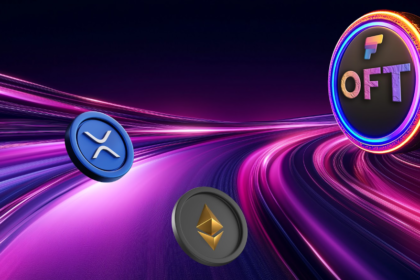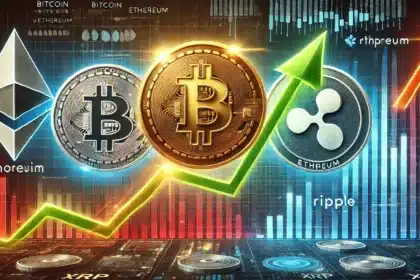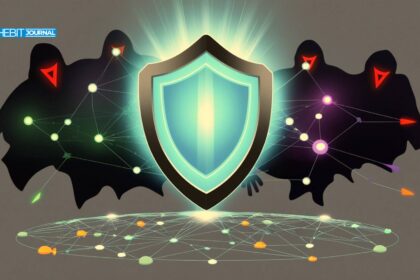In a bold move that could redefine the future of real estate, Shannon Diesch, CEO of Quarter Homes, is championing a revolutionary model known as RWA tokenization for homeownership. This innovative approach aims to tackle the persistent barriers to homeownership exacerbated by soaring real estate prices and steep mortgage rates. As traditional paths to homeownership become increasingly inaccessible, RWA tokenization emerges as a potential game-changer in the housing market.
The Growing Crisis in Homeownership
The dream of homeownership is slipping further out of reach for many Americans, especially younger generations grappling with historically high mortgage rates nearing 7% and skyrocketing home prices. The conventional model of debt-based mortgage financing is proving inadequate in addressing this growing crisis. With the cost of borrowing rising and property prices surging, the traditional dream of owning a home is increasingly becoming a distant reality for many aspiring buyers.
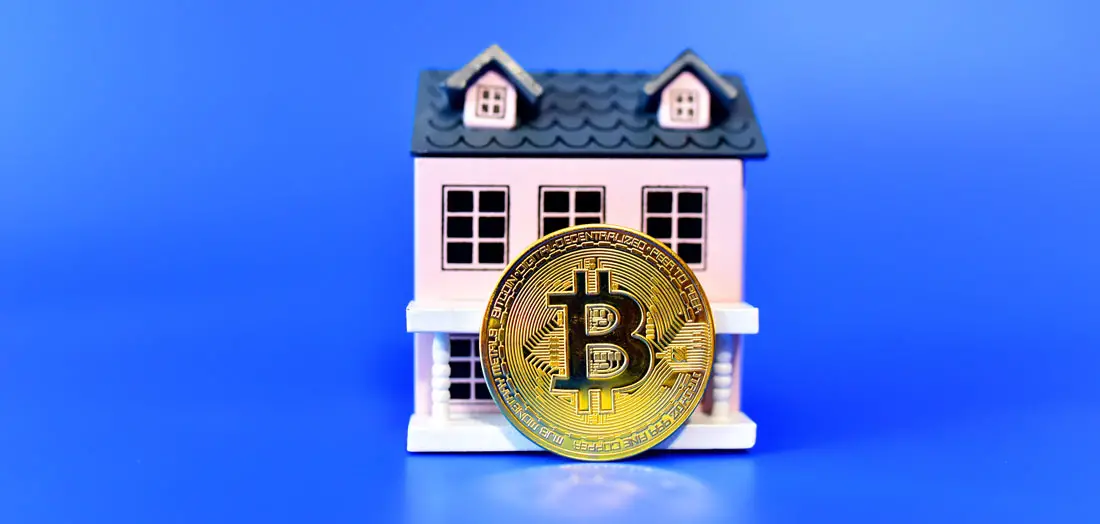
Introducing RWA Tokenization for Homeownership
Enter RWA tokenization for homeownership—a groundbreaking concept proposed by Quarter Homes. This model leverages blockchain technology to tokenize real estate assets, offering a new equity-based financing solution. Unlike traditional mortgages, which involve a lender-borrower dynamic, RWA tokenization introduces a model where real estate investors and prospective homeowners can engage as equity participants. This innovative approach allows for fractionalized ownership rights, enabling individuals to buy and sell tokens representing shares in a property.
Diesch elaborates on the advantages of this model: “Retail investors can’t buy investment properties very easily—it’s expensive. They have to save up for a down payment, and it’s really just opening that opportunity up to folks that don’t currently have access to that type of investment.” By democratizing access to real estate investments, RWA tokenization paves the way for broader participation in the property market.
Benefits for Investors and Homeowners
The implications of RWA tokenization for homeownership extend to both investors and prospective homeowners. For investors, this model eliminates many of the headaches associated with rental agreements and property management. Instead of dealing with the complexities of traditional real estate investments, investors can benefit from property appreciation and homeowners’ monthly cash flows through tokenized equity.
Moreover, this approach removes the need for expensive intermediaries like banks and Wall Street institutions, resulting in significant cost savings. Investors and homeowners can interact directly, streamlining the process and reducing associated costs. Diesch emphasizes this point, noting that tokenization provides a more transparent and equitable alternative to traditional financing methods, such as private equity refinancing and home equity lines of credit.
Blockchain Innovations and Real Estate
The concept of tokenizing real estate is not entirely new. In 2023, Ralf Kubli of the Casper Association proposed a similar idea to tokenize mortgages, aiming to increase transparency and prevent a repeat of the 2008 financial crisis. Additionally, the Home Construction Collective is utilizing RWA tokenization for homeownership to crowdfund residential construction projects through blockchain technology, addressing the issue of insufficient housing supply that hampers first-time buyers.
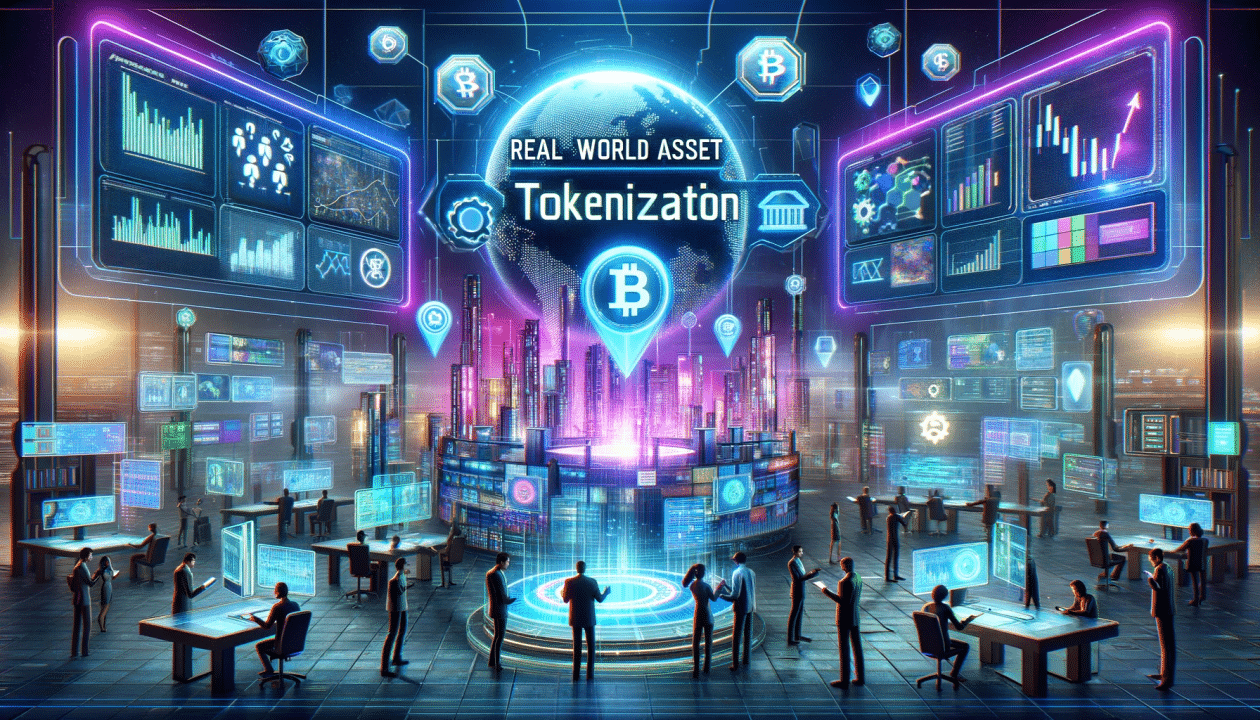
In a notable application of tokenization, Hilton Hotels and Resorts recently issued tokenized debt for a hotel project in El Salvador. These tokens, tradable on the Bitcoin layer-2 Liquid Network, offer a low-entry investment opportunity for those contributing $1,000 or more. Such examples highlight the growing adoption of tokenization in various sectors, including real estate.
The Future of Homeownership
The rise of RWA tokenization for homeownership presents a promising alternative to exploitative and inaccessible equity tapping options. By offering a more open and transparent way to engage with real estate investments, this model has the potential to reshape the housing market. Tokenization could make homeownership more attainable for individuals who previously found themselves shut out of the property market.
As blockchain technology continues to disrupt traditional industries, companies like Quarter Homes are leading the charge in developing innovative solutions. RWA tokenization for homeownership is a testament to the transformative potential of these technologies, offering a pathway for more individuals to achieve the American dream of property ownership. Despite existing obstacles and regulatory challenges, the progress being made in this field suggests a future where fractional ownership becomes a mainstream reality.
Final Thoughts
The advent of RWA tokenization for homeownership represents a significant shift in the real estate landscape. By leveraging blockchain technology to create an equity-based model, this approach addresses many of the barriers currently facing prospective homeowners. As the housing market evolves, RWA tokenization could play a crucial role in making homeownership more accessible and equitable. With ongoing advancements and exploration in this space, the future of homeownership may very well be tokenized, opening new opportunities for investors and buyers alike.
For the latest updates and insights on emerging trends in crypto and real estate, stay tuned to The BIT Journal, your source for reliable and timely news.




















